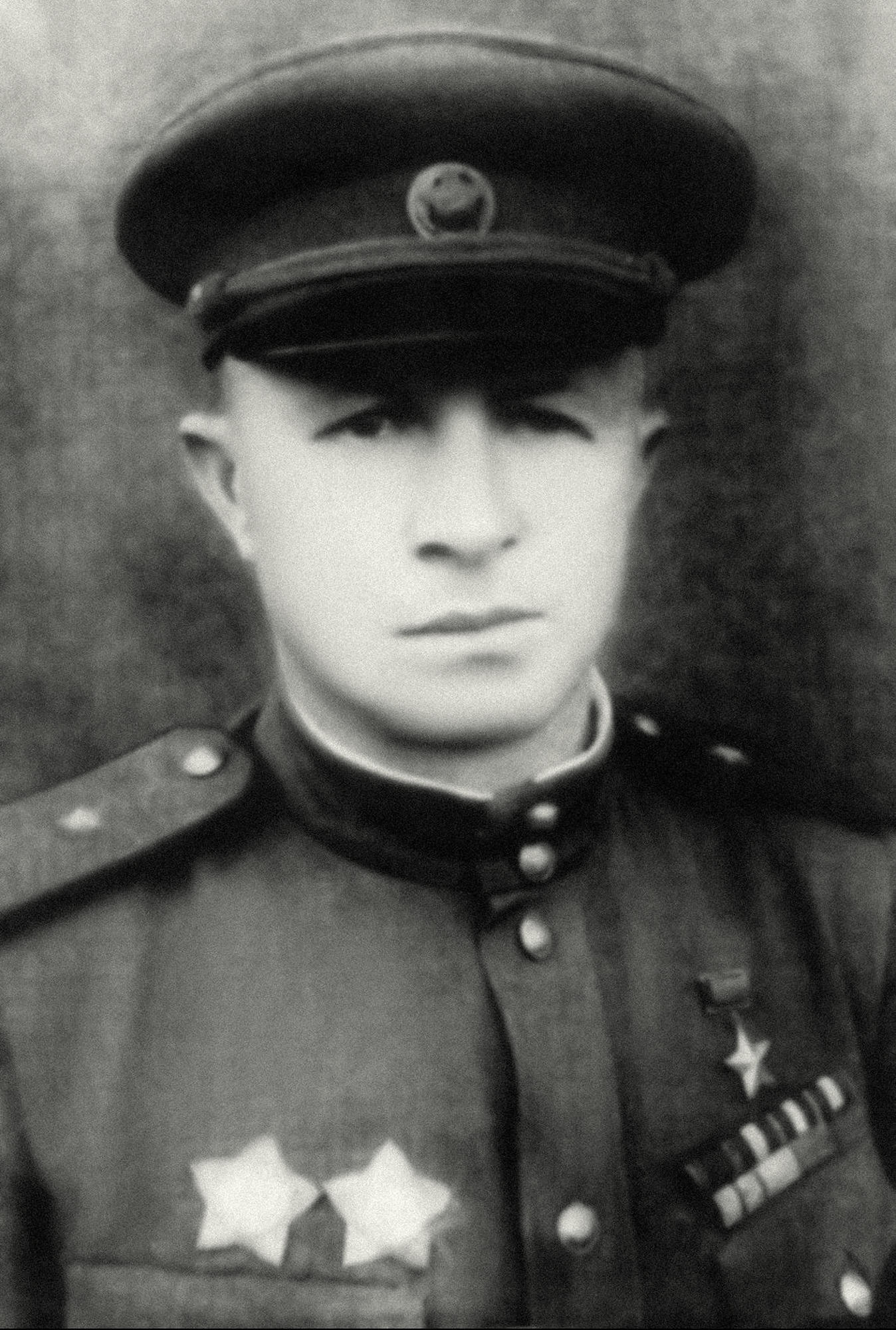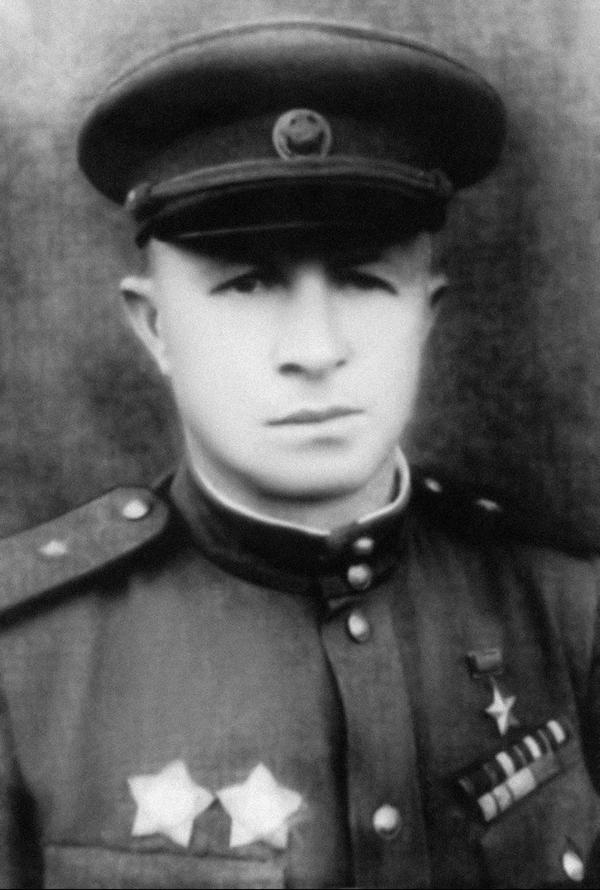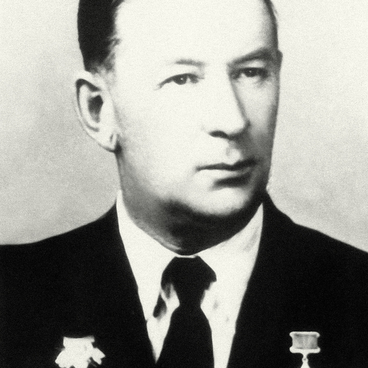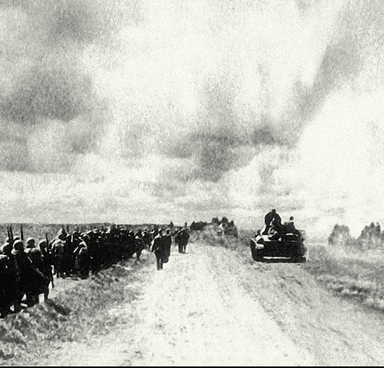The title of the Hero of the Soviet Union was rarely awarded during the Great Patriotic War more than once to the same person. Alexander Ilyich Rodimtsev was among them. He was a career military officer and joined the ranks in 1927. He then studied at a military college and participated since 1936 in the Spanish Resistance. He was awarded the title Hero of the Soviet Union for a series of successful military operations held there.
The Great Patriotic War struck Rodimtsev, being already a colonel, when he served in a small Ukrainian town. He led an airborne brigade which was hastily deployed to defend Kiev. The city was held for 20 days. In the autumn of 1941, Alexander Rodimtsev was ordered to command the 87th Rifle Division, later renamed as the 13th Guards Rifle Division.
The division distinguished itself during the defense of Stalingrad having arranged for crossing of the Volga river under continuous enemy fire. There were fights for every street and every building. Rodimtsev’s soldiers held the city railway station to the last defender. There was the Pavlov House, named by the invaders as “the shooting ruins” and put down as such in history. It was exactly that rifle division that took over the Mamayev Hill, the highest point in Stalingrad.
The Rodimtsev-led troops took part in the Battle of Kursk and left their names in history as the fighters in the Battle of Prokhorovka. Admittedly, it was a tank battle, yet that battle would have been most likely lost without the infantry hardened in the combats for Kiev and Stalingrad.
The Volga crossing skills helped Rodimtsev’s soldiers arrange brilliantly for the crossings of Vistula and Oder. The second Gold Star of the Soviet Union Army Hero was conferred on Alexander Rodimtsev for the last operation at Linden, a Polish city.
The legendary commander ended the war with the rank of general. In time of peace, Alexander Rodimtsev commanded subsequently a rifle corps in the Moscow and Kiev defense districts, performed as Deputy Commander of the Northern Defense District and served as a military attache in Algeria. He died in 1977 and was buried at the Novodevichye cemetery in Moscow.
The Great Patriotic War struck Rodimtsev, being already a colonel, when he served in a small Ukrainian town. He led an airborne brigade which was hastily deployed to defend Kiev. The city was held for 20 days. In the autumn of 1941, Alexander Rodimtsev was ordered to command the 87th Rifle Division, later renamed as the 13th Guards Rifle Division.
The division distinguished itself during the defense of Stalingrad having arranged for crossing of the Volga river under continuous enemy fire. There were fights for every street and every building. Rodimtsev’s soldiers held the city railway station to the last defender. There was the Pavlov House, named by the invaders as “the shooting ruins” and put down as such in history. It was exactly that rifle division that took over the Mamayev Hill, the highest point in Stalingrad.
The Rodimtsev-led troops took part in the Battle of Kursk and left their names in history as the fighters in the Battle of Prokhorovka. Admittedly, it was a tank battle, yet that battle would have been most likely lost without the infantry hardened in the combats for Kiev and Stalingrad.
The Volga crossing skills helped Rodimtsev’s soldiers arrange brilliantly for the crossings of Vistula and Oder. The second Gold Star of the Soviet Union Army Hero was conferred on Alexander Rodimtsev for the last operation at Linden, a Polish city.
The legendary commander ended the war with the rank of general. In time of peace, Alexander Rodimtsev commanded subsequently a rifle corps in the Moscow and Kiev defense districts, performed as Deputy Commander of the Northern Defense District and served as a military attache in Algeria. He died in 1977 and was buried at the Novodevichye cemetery in Moscow.



